The topic of Poles in the East was discussed at the National Museum of the Przemysl Region - as Marek Kuchciński, Speaker of the Sejm, said - a difficult and painful topic for many, connected with memories of the war and post-war period - deportations, resettlements, nationalist violence and lost home. Home not only in the family sense, but in the dimension of centuries of spiritual and material heritage.
Marek Kuchciński emphasized that since the beginning of the Polish statehood, the Kresy represented the political strength and national identity of the Poles. They were an integral part of the Republic of Poland.
- We know how our history was shaped in the first half of the 20th century, how 100 years ago the process of shaping borders after the years of partitions was difficult and long. And how 20 years later at the Yalta Conference the borders of Poland were changed, leaving millions of our compatriots behind the eastern border," recalled the Marshal. - The Kresy is also a symbol of the silent truth, the erasure of traces of Polishness and the uprooting of Polish culture and European civilization. In Soviet times, manifestations of attachment to the borderland heritage were severely punished," Kuchciński emphasized.
The Marshal recalled that it was not until the late 1980s that the first organization was established - the Society of Lovers of Lviv, nurturing the heritage of the eastern lands and providing assistance to compatriots in the East. Branches of the Society were established throughout the country. The Przemysl Branch was one of them.
According to Marek Kuchciński, the Polish state should better and more effectively support the achievements of our ancestors from the Kresy and the current generations. There are between 1.5 and 2 million Ukrainians of Polish descent.
Photo by Marta Olejnik
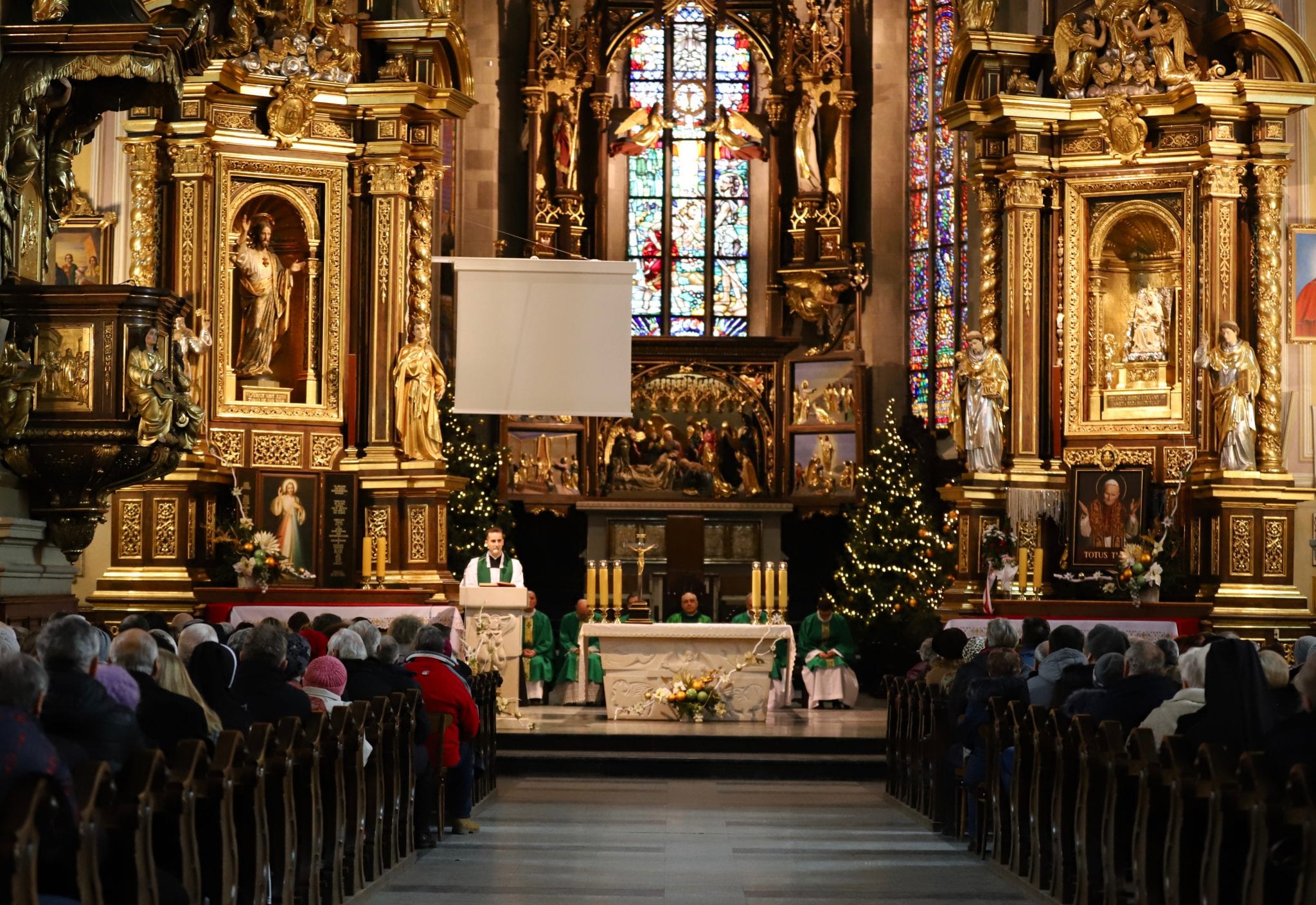
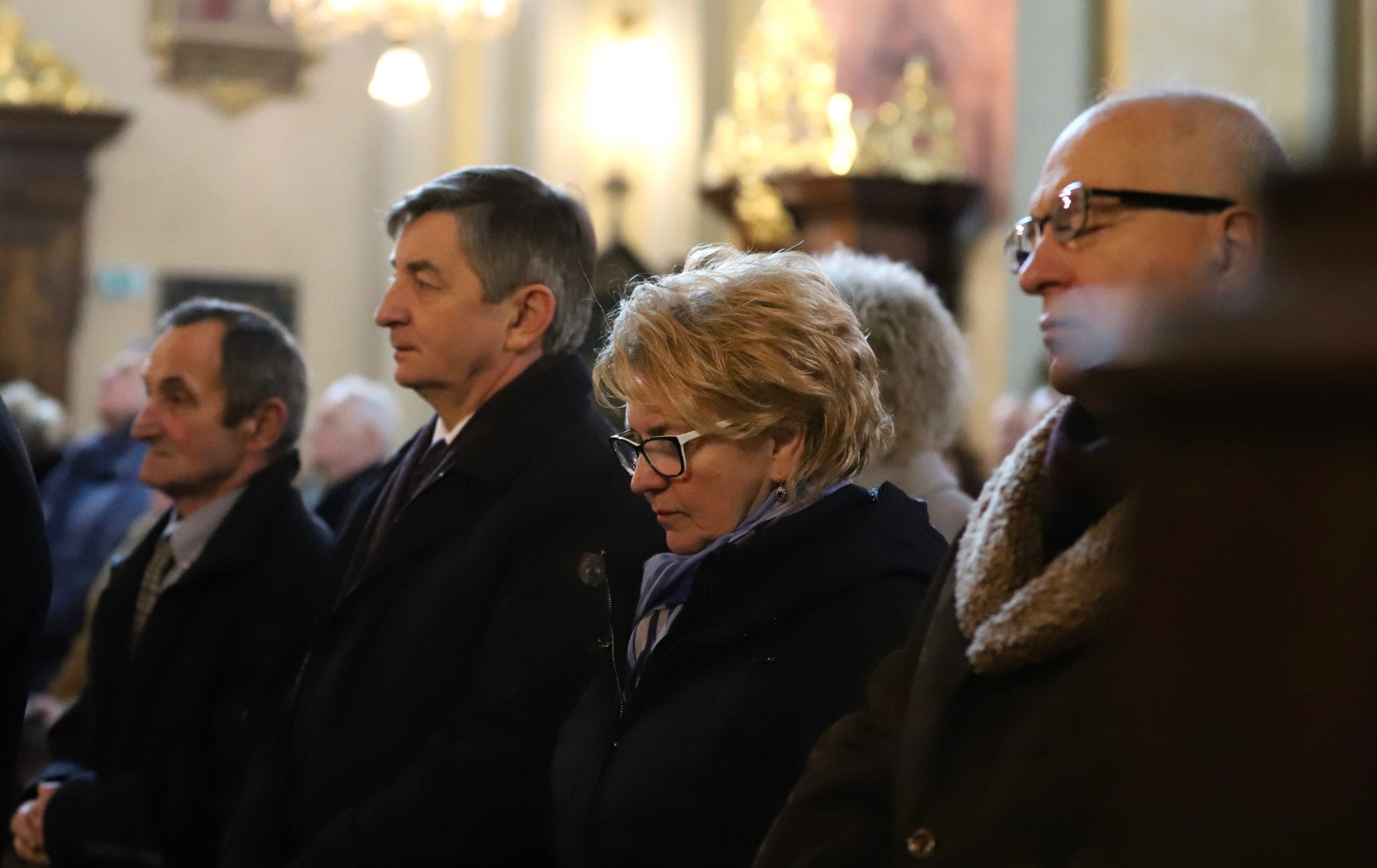 Mass for the intention of Zbigniew Kuchciński
Mass for the intention of Zbigniew Kuchciński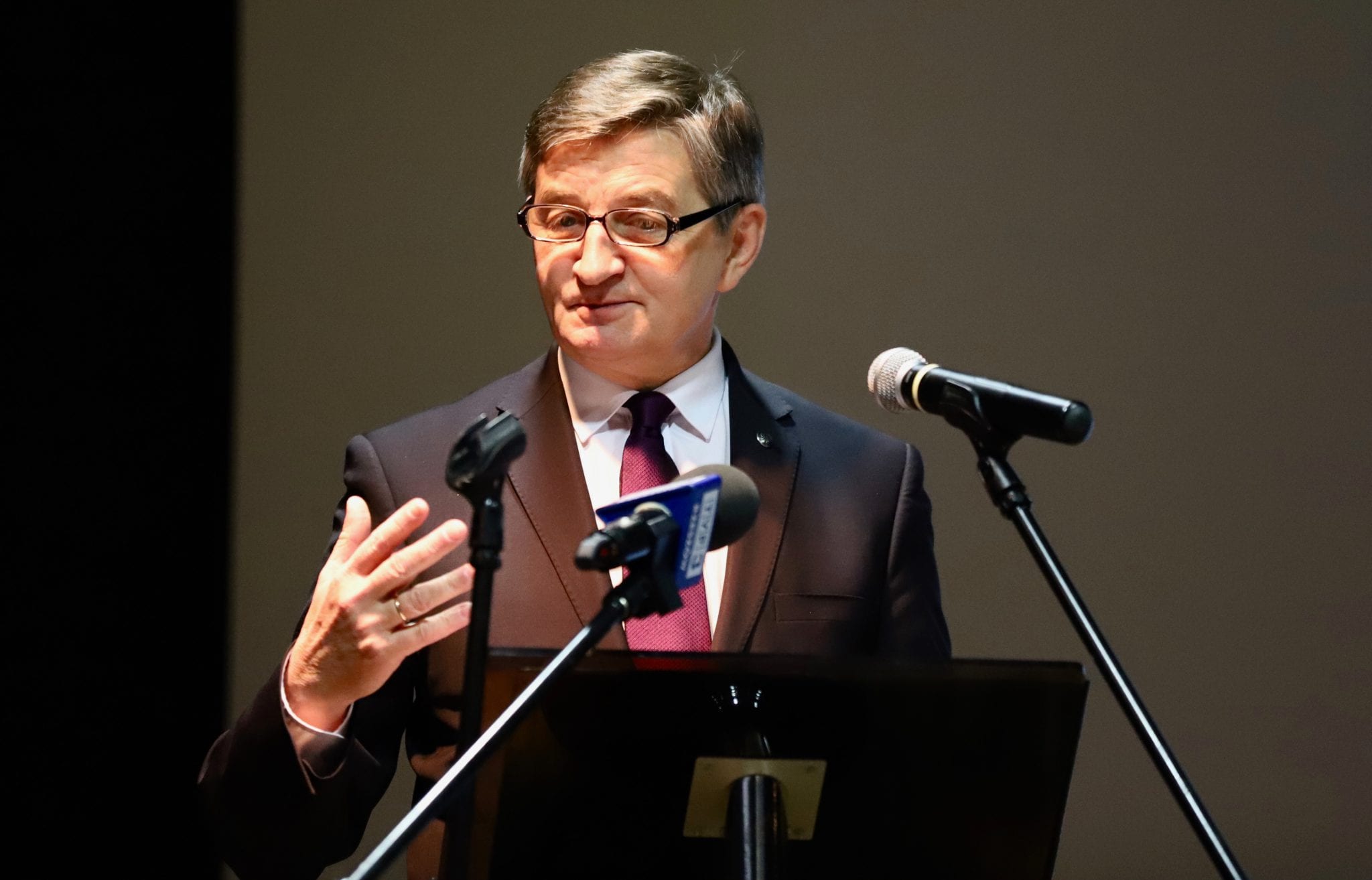
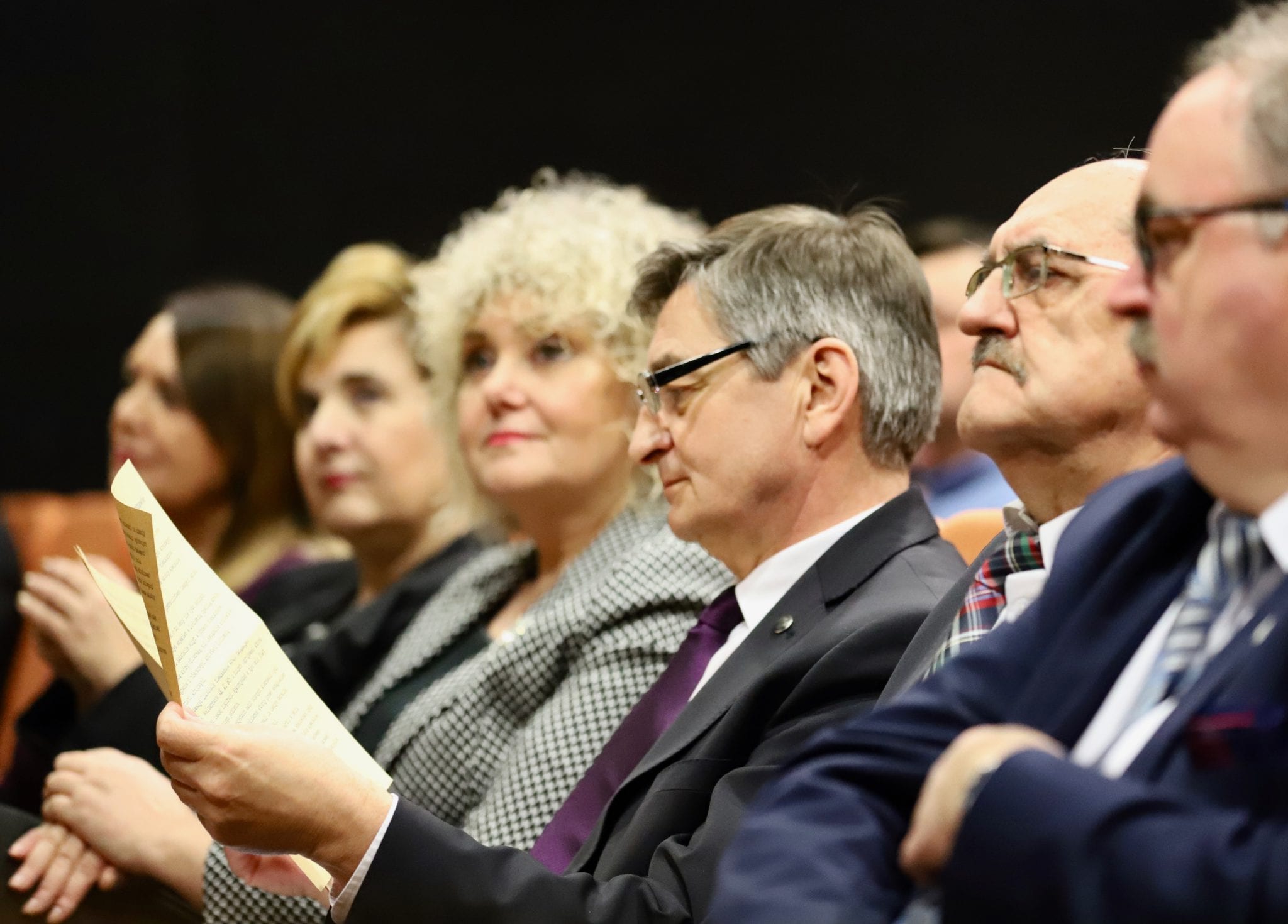
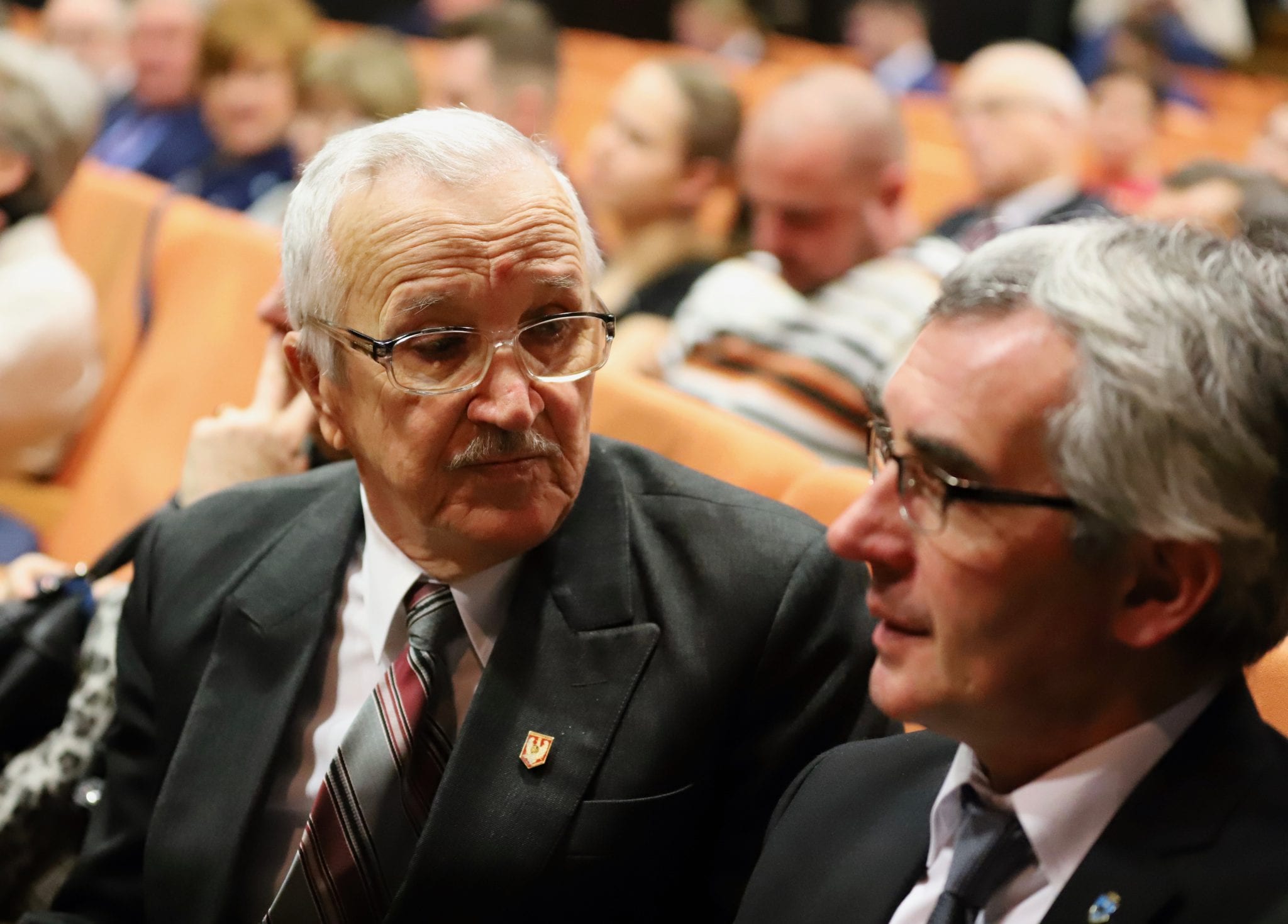 Zygmunt Majgier, Director National Museum of Przemysl Land Jan Jarosz
Zygmunt Majgier, Director National Museum of Przemysl Land Jan Jarosz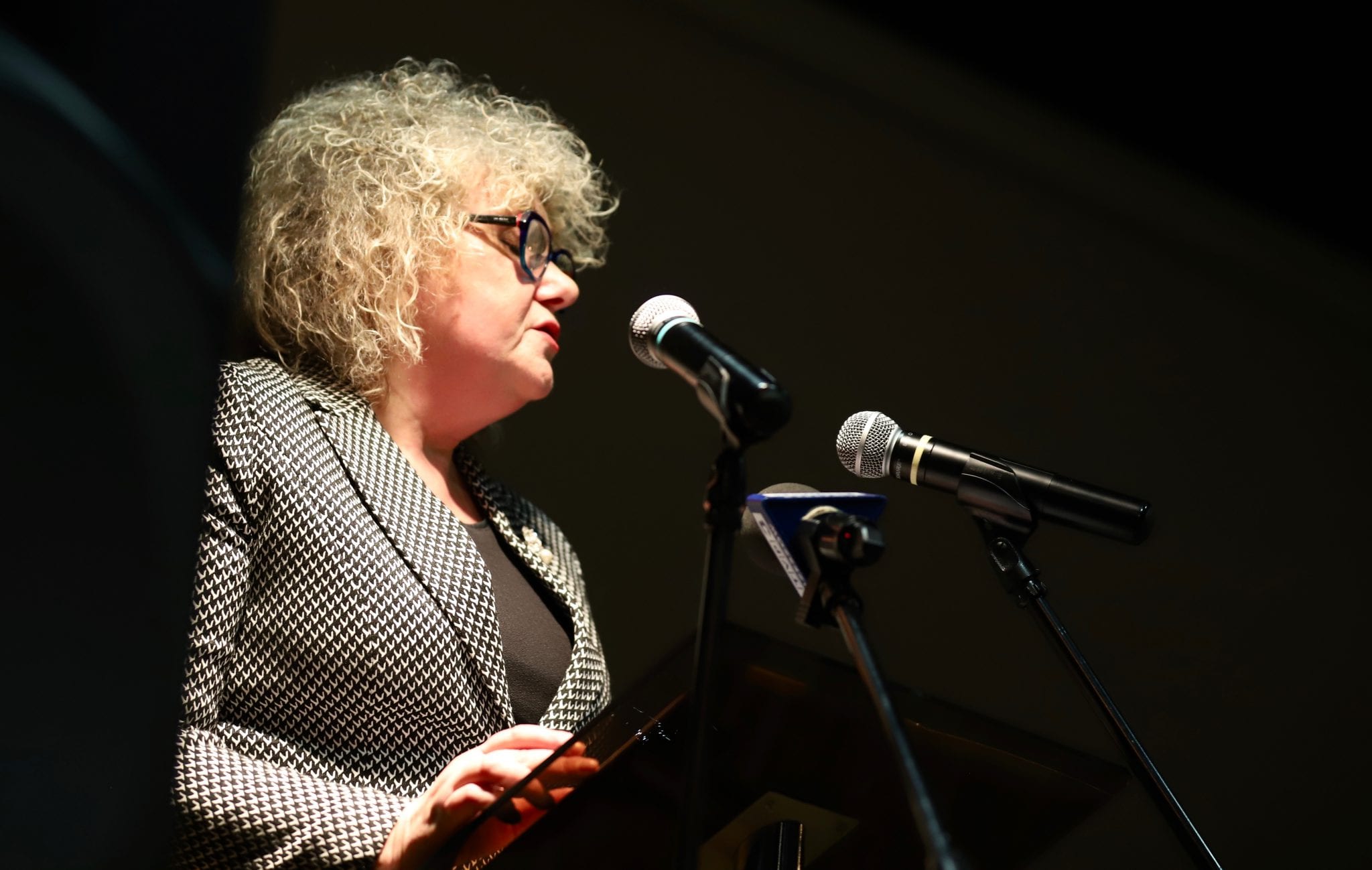 Deputy Speaker of the Senate Maria Koc
Deputy Speaker of the Senate Maria Koc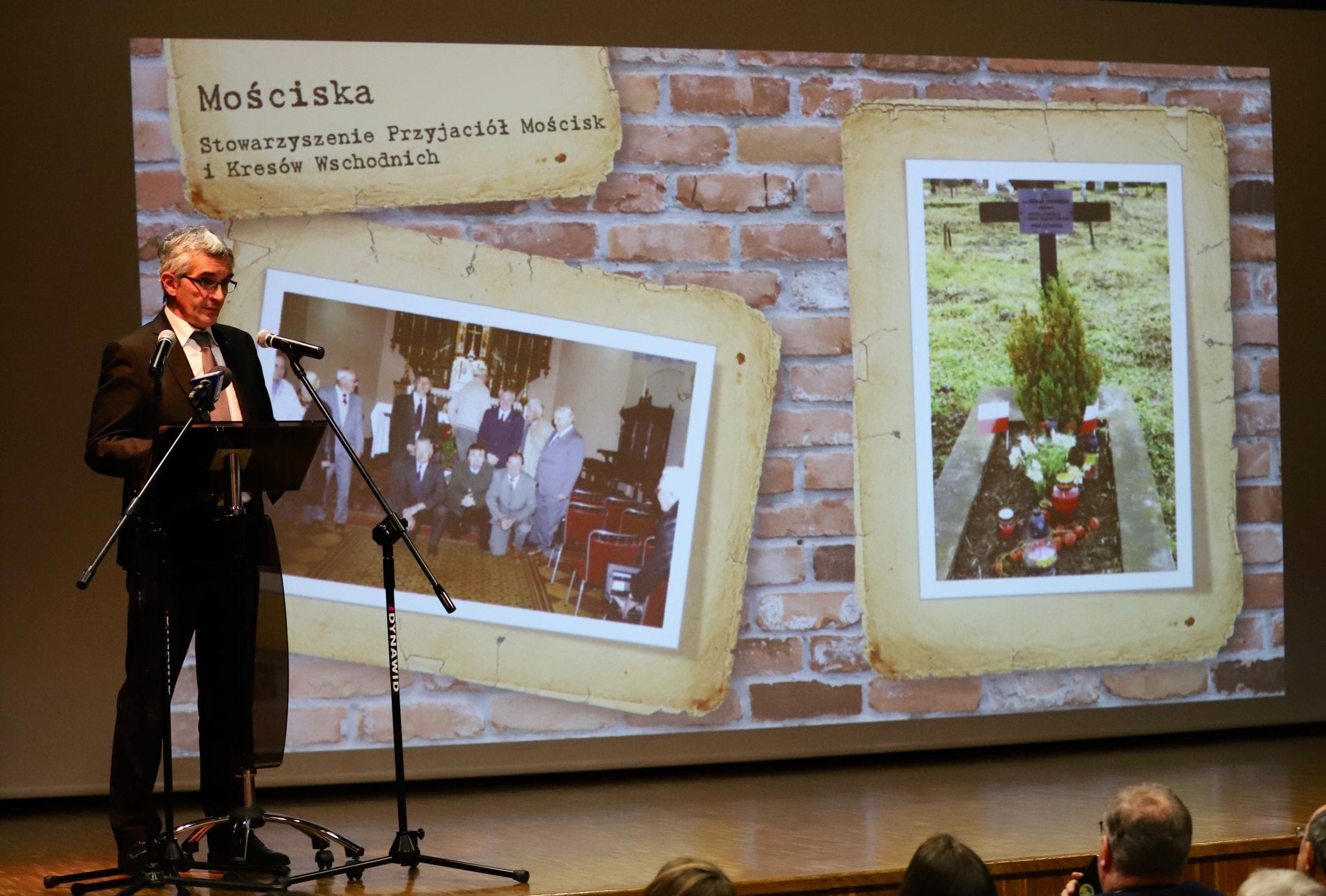
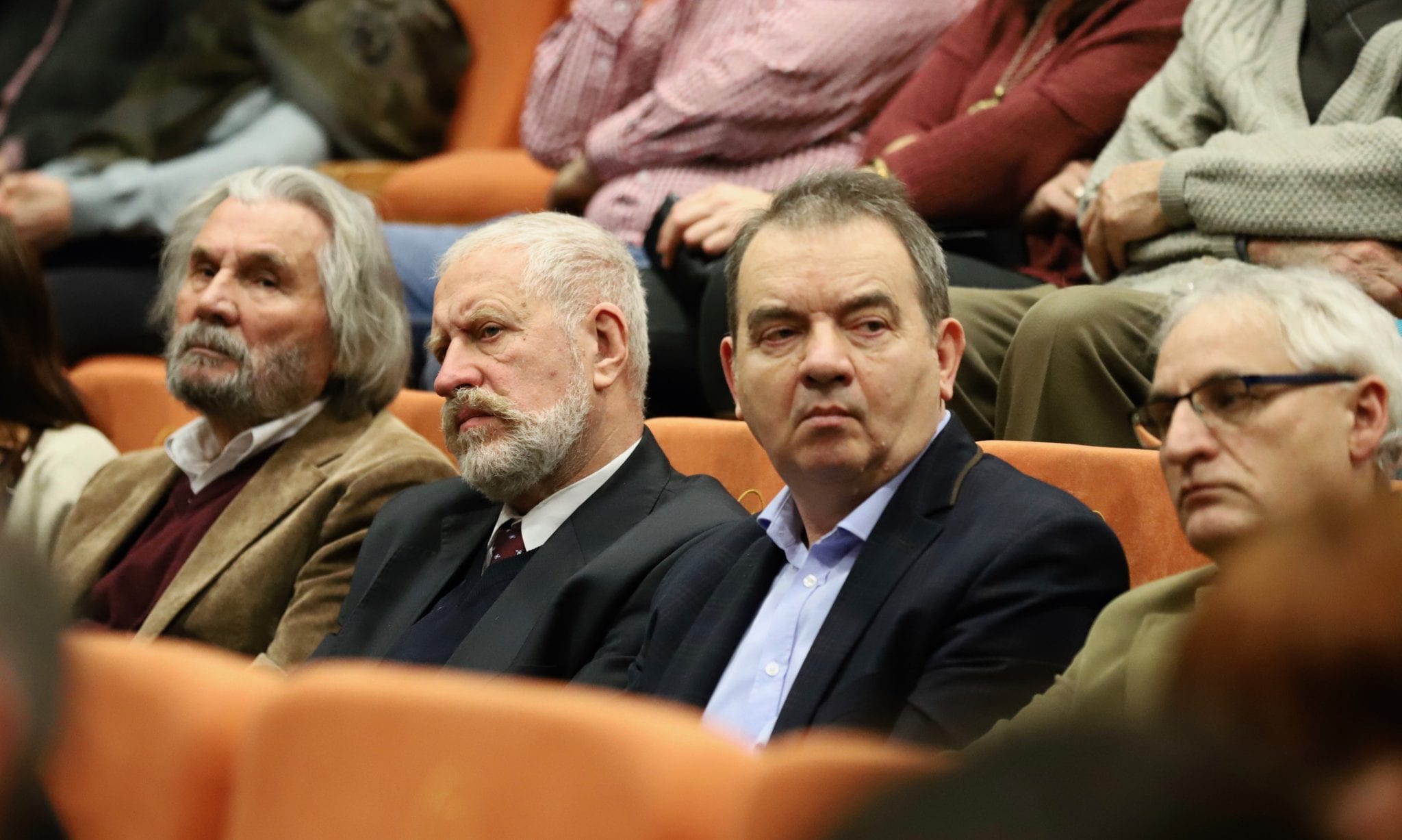 Prof. Jerzy Piórecki, Dr. Jan Musiał, Janusz Czarski
Prof. Jerzy Piórecki, Dr. Jan Musiał, Janusz Czarski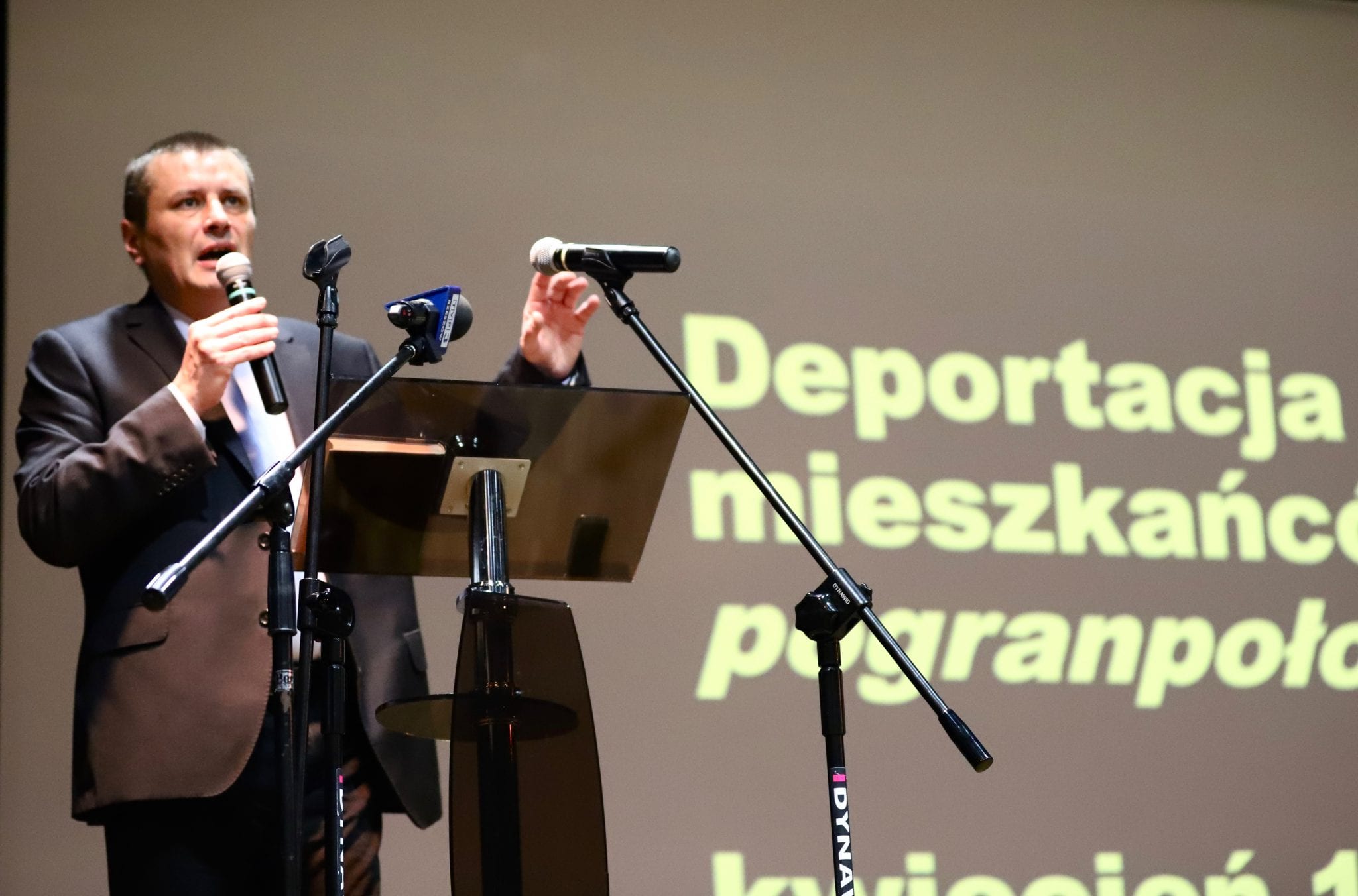
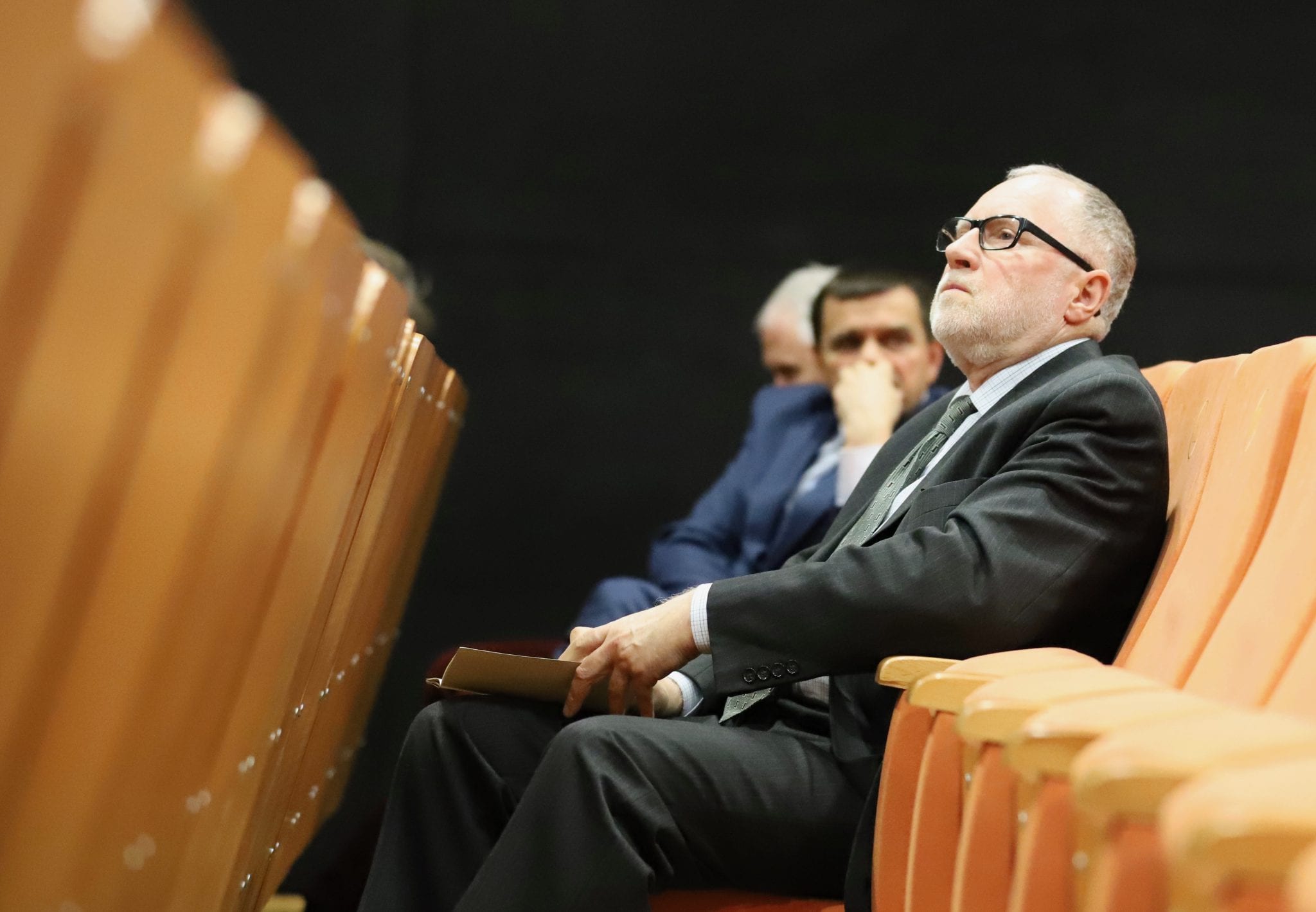 Waldemar Wiglusz
Waldemar Wiglusz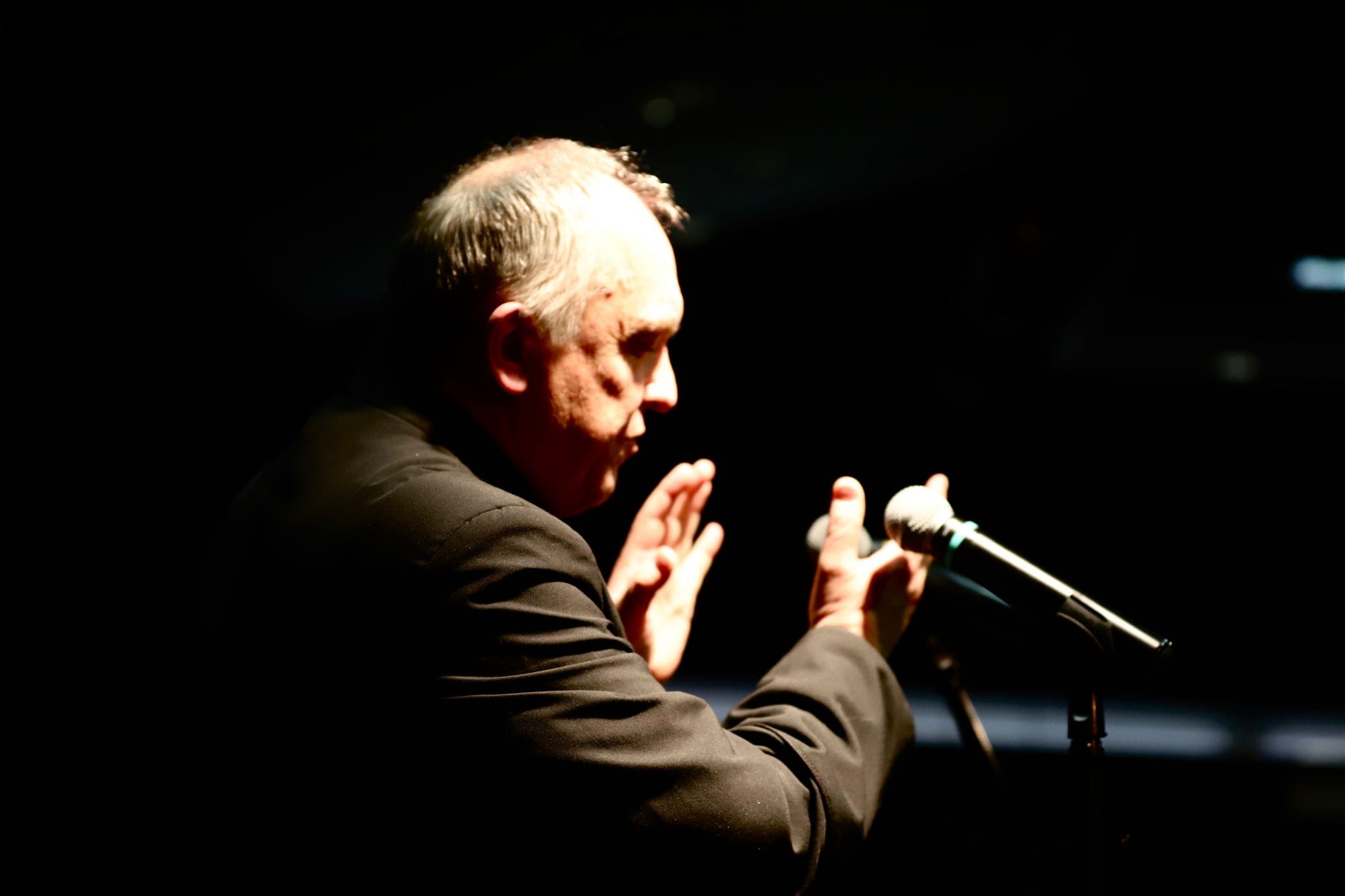 Rev. Władysław Deren: Kresowiaks in Poland should be united, so that they can return to their roots and renew their ties.
Rev. Władysław Deren: Kresowiaks in Poland should be united, so that they can return to their roots and renew their ties. 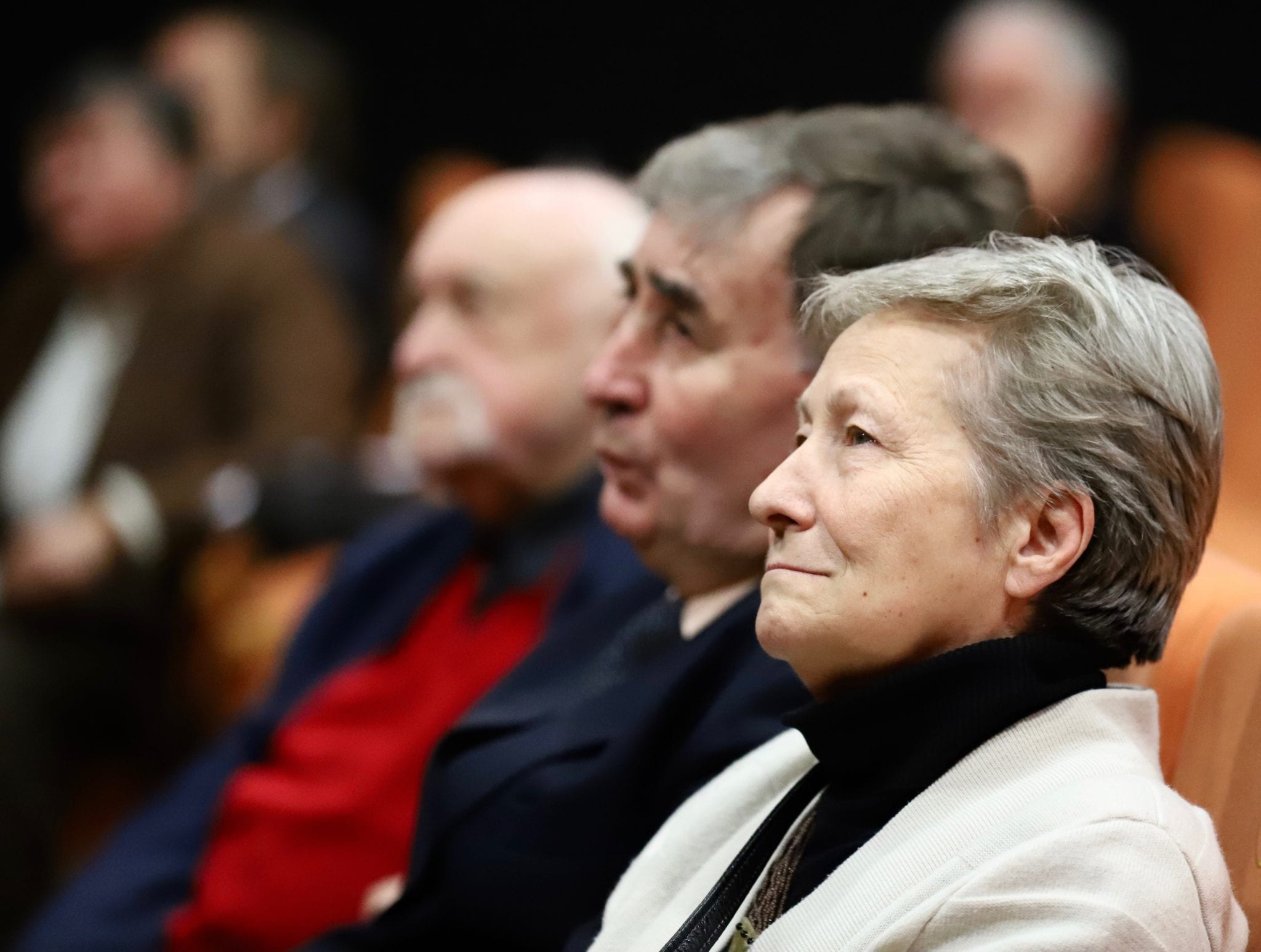
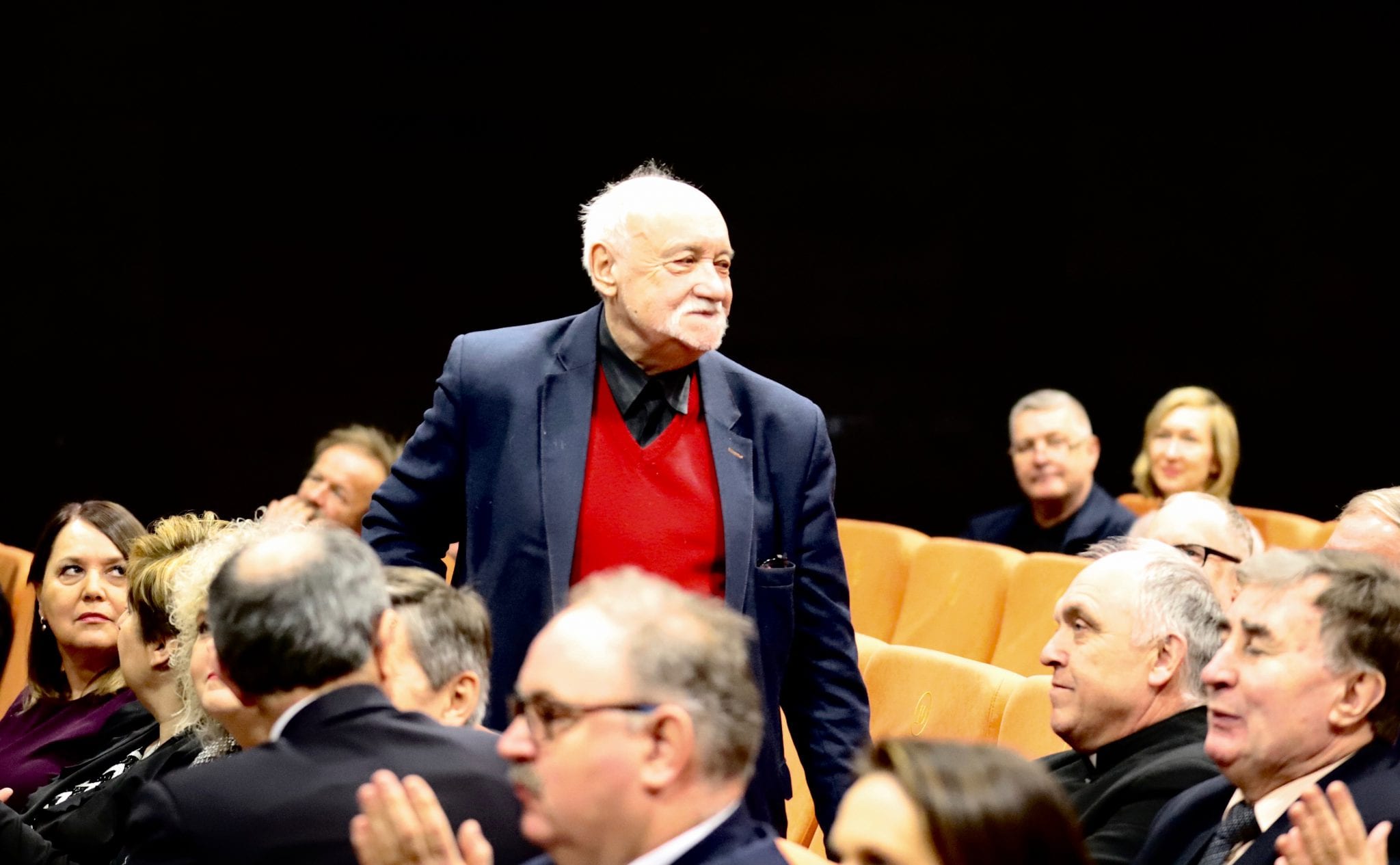 Zbigniew Chrzanowski: We should think reasonably about educating young people. Please do not use the word "Polonia" in relation to people who have stayed in their places, who do not renounce their roots, who remain and take care of these places. This is not Polonia.
Zbigniew Chrzanowski: We should think reasonably about educating young people. Please do not use the word "Polonia" in relation to people who have stayed in their places, who do not renounce their roots, who remain and take care of these places. This is not Polonia. 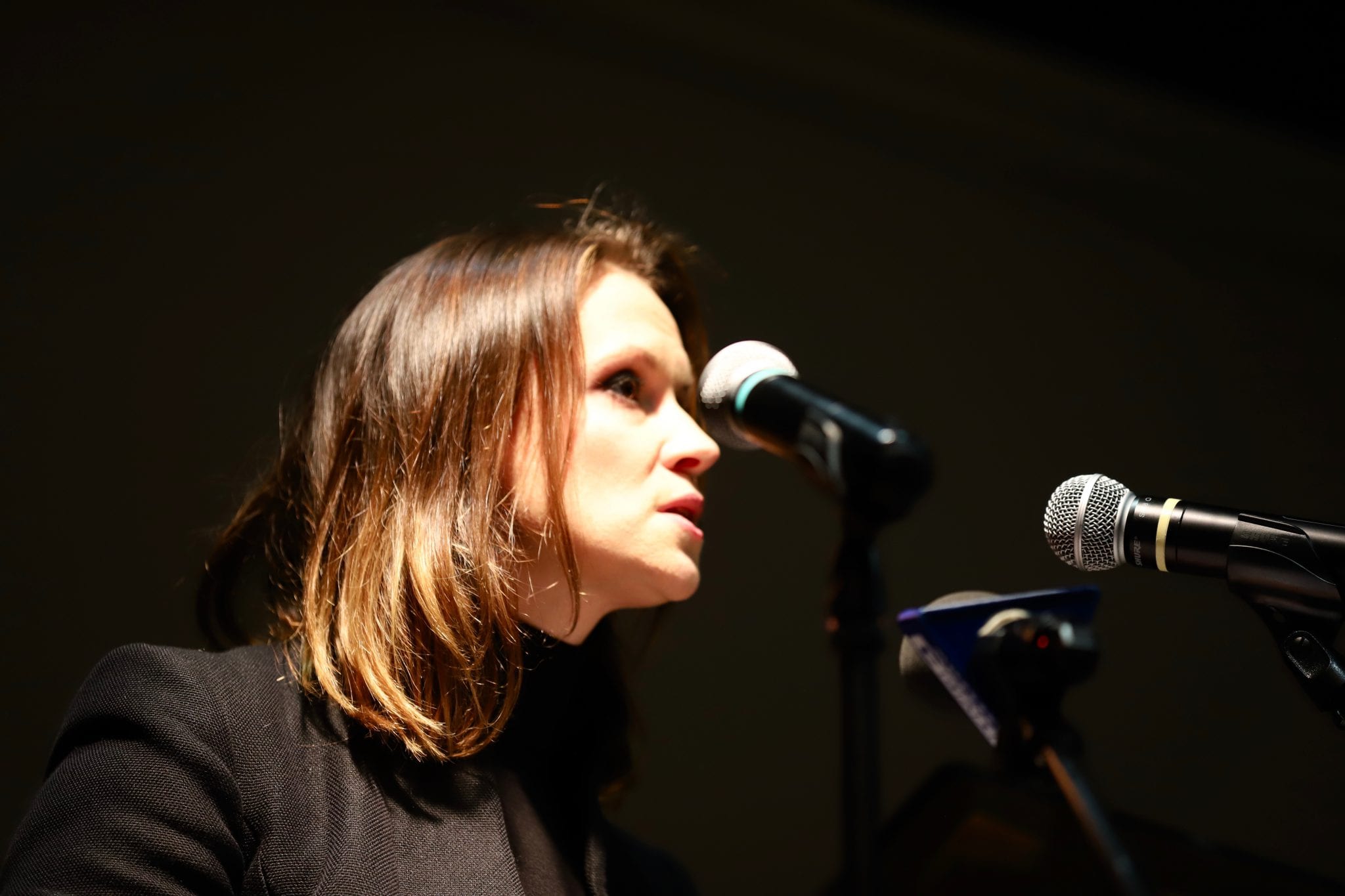 Anna Schmidt-Rodziewicz MEP - chairwoman of the Parliamentary Commission for Liaison with Poles Abroad: Our compatriots in the Borderlands paid a very high price for being Poles, admitting to Poland, cultivating and maintaining Polish identity
Anna Schmidt-Rodziewicz MEP - chairwoman of the Parliamentary Commission for Liaison with Poles Abroad: Our compatriots in the Borderlands paid a very high price for being Poles, admitting to Poland, cultivating and maintaining Polish identity 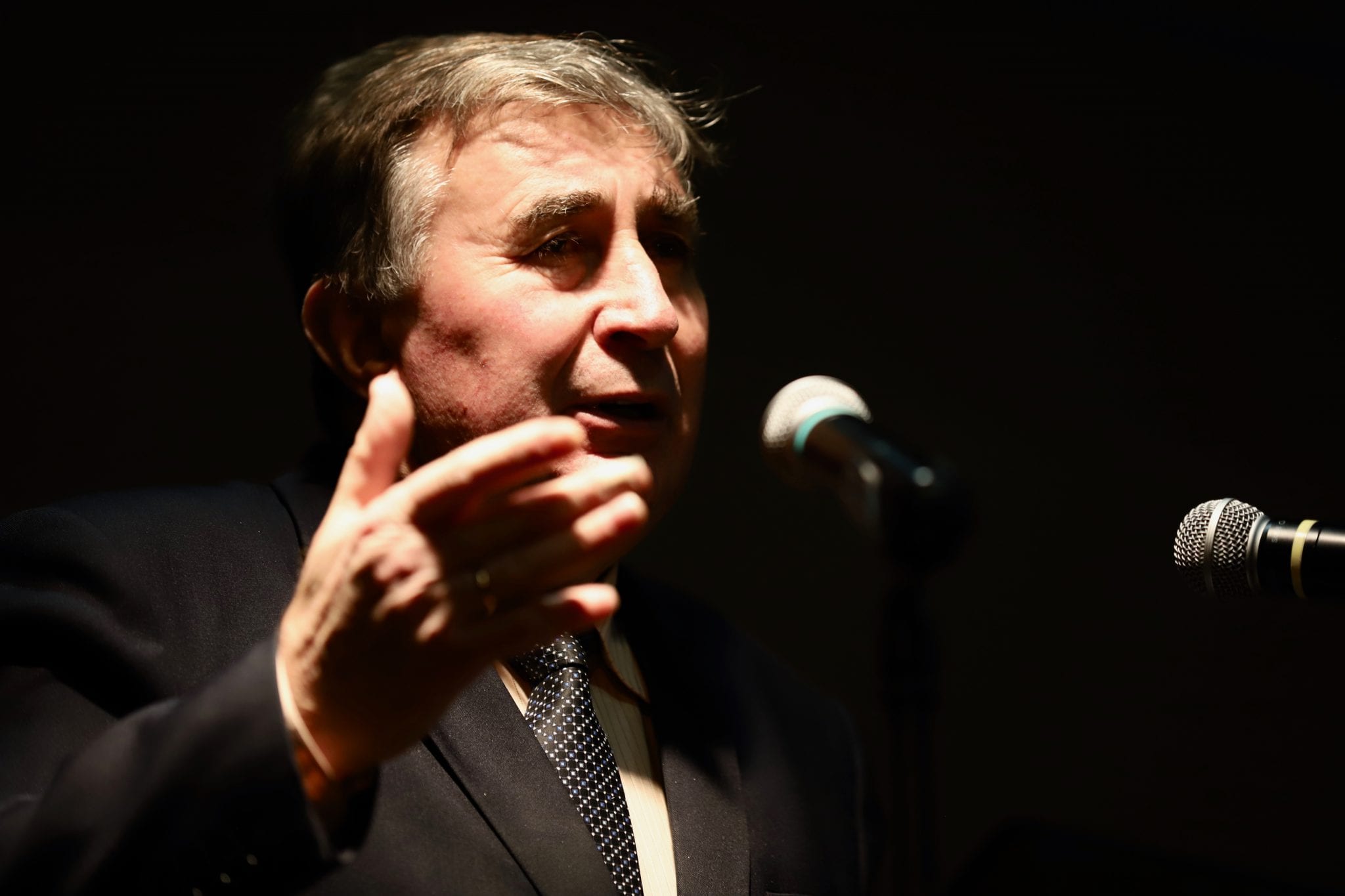 Emil Legowicz: We were forgotten, we were taboo. It's hard to talk about the years when everything was secret: confession, communion, weddings... Life was tragic for human development. But we survived. Today we can be proud that we stayed there. We did not leave because we are bound by blood to this land.
Emil Legowicz: We were forgotten, we were taboo. It's hard to talk about the years when everything was secret: confession, communion, weddings... Life was tragic for human development. But we survived. Today we can be proud that we stayed there. We did not leave because we are bound by blood to this land. 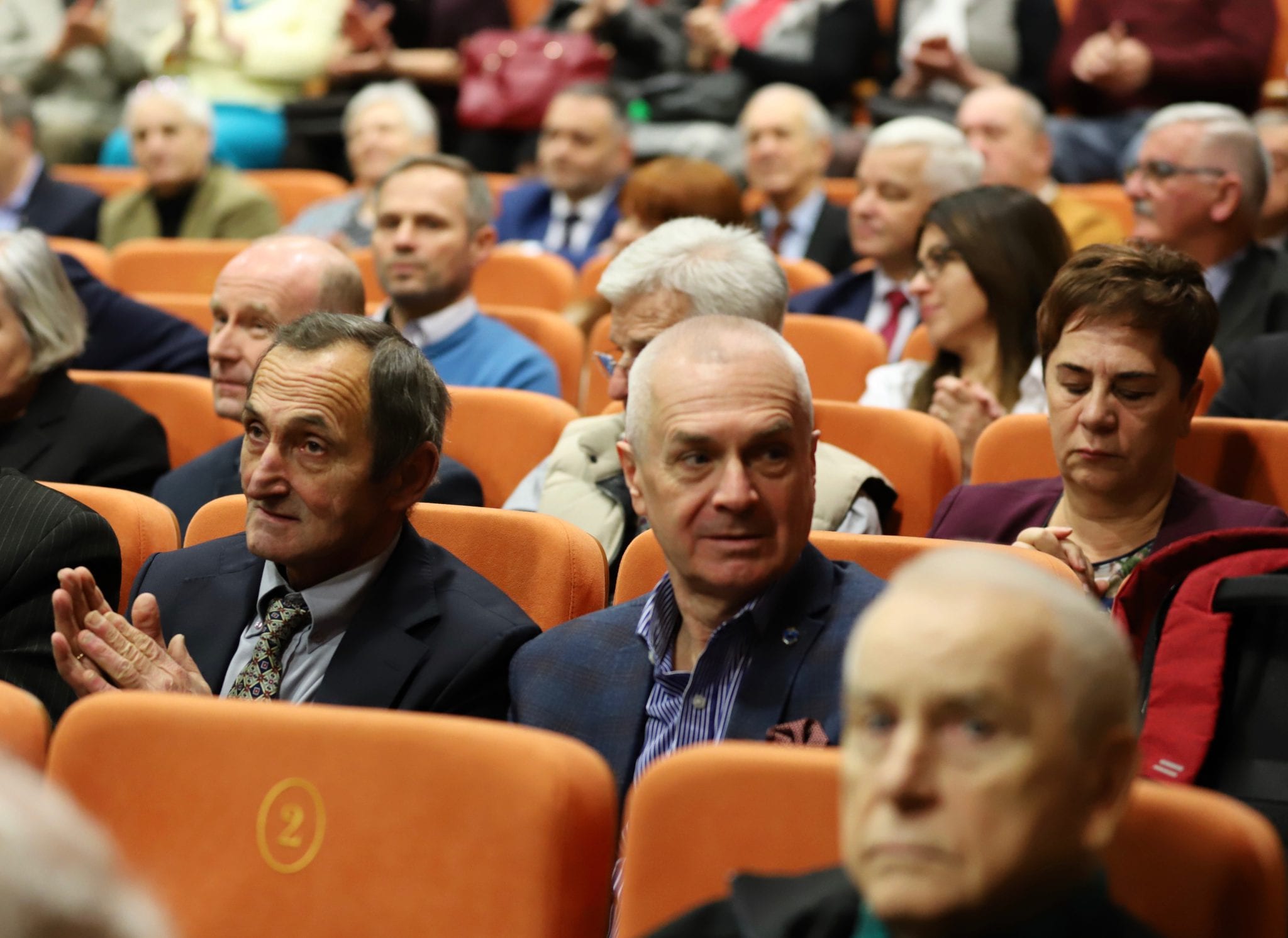 Marek Kaminski, Robert Choma (president of Przemyśl from 2002 to 2018)
Marek Kaminski, Robert Choma (president of Przemyśl from 2002 to 2018)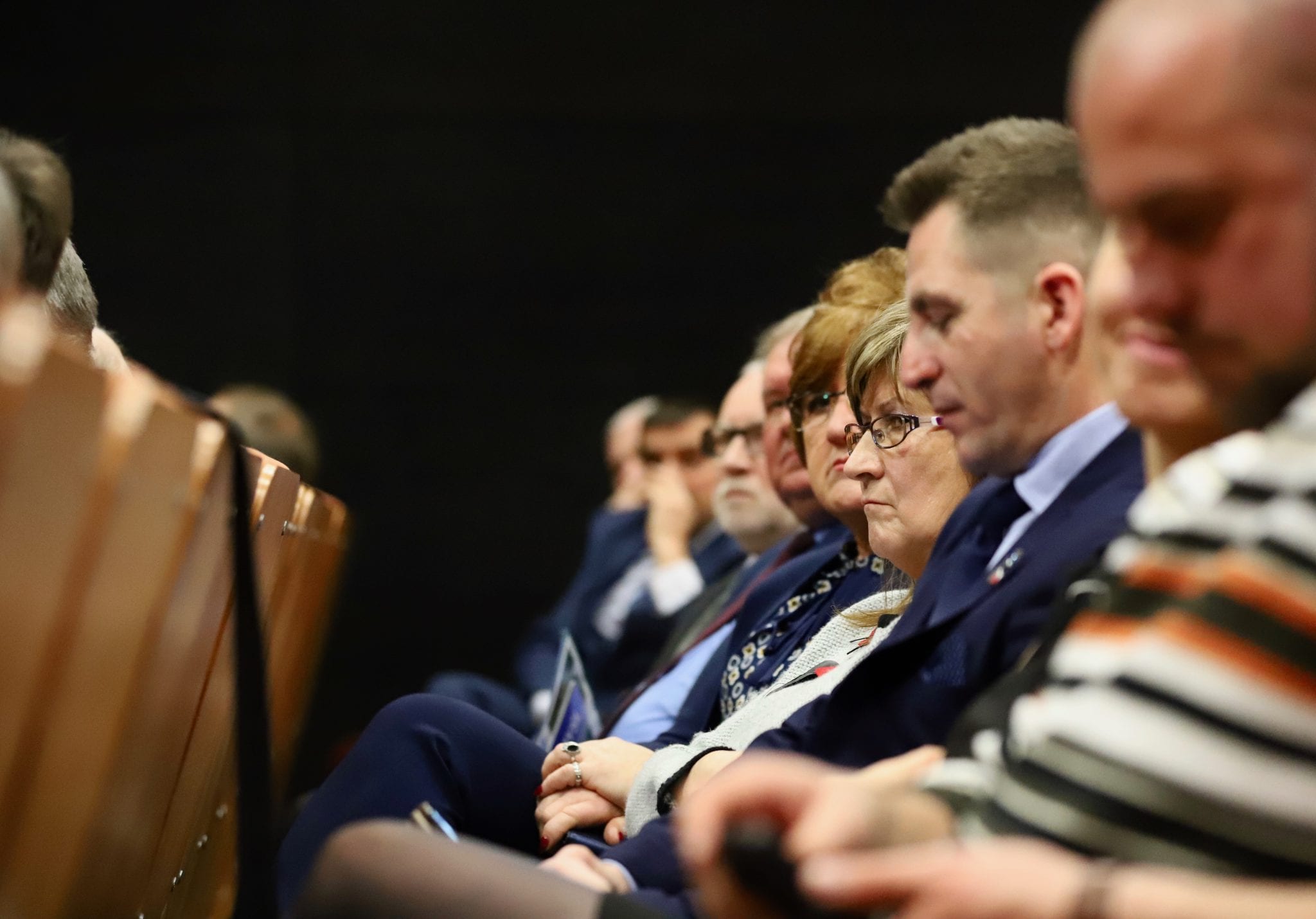
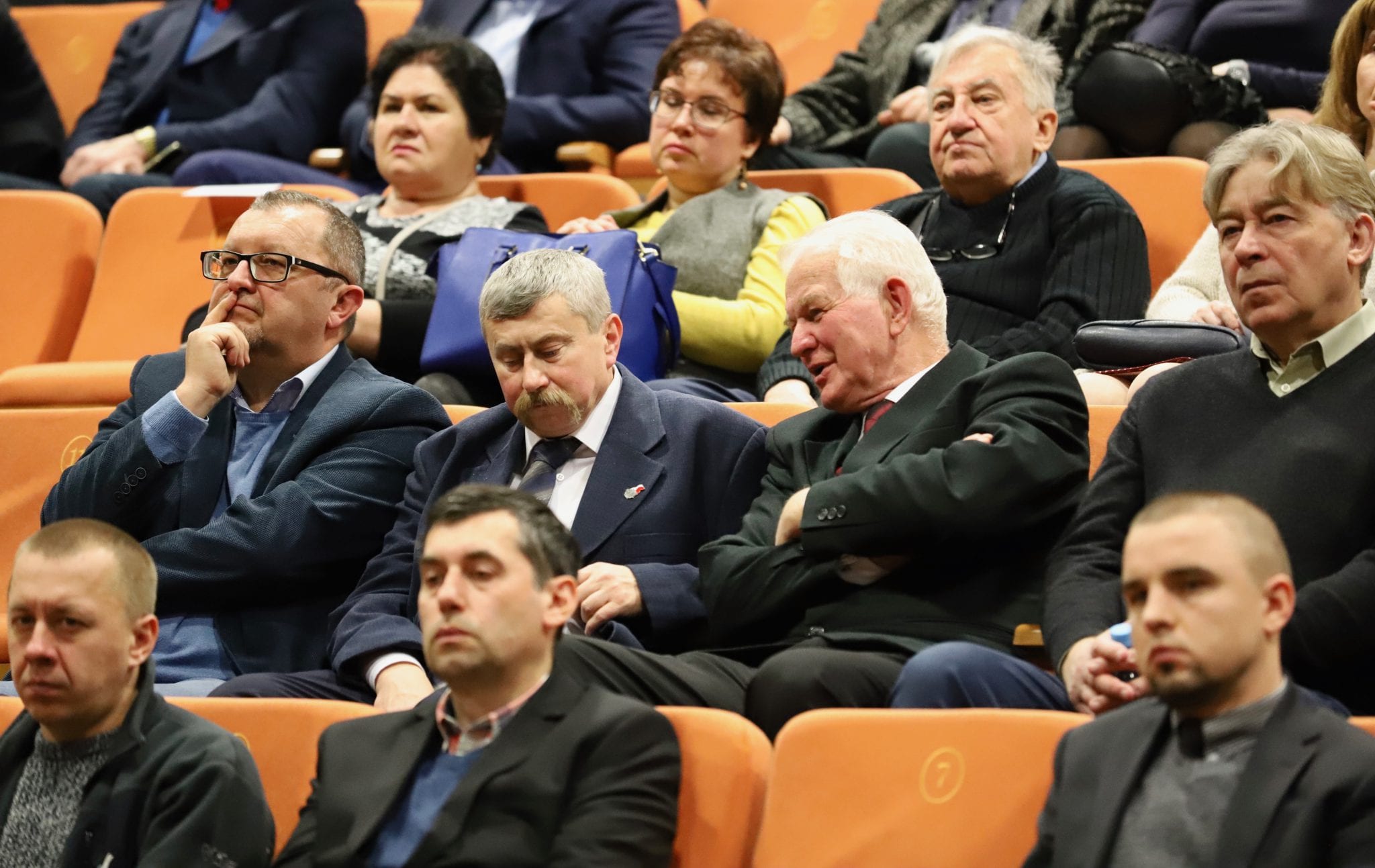
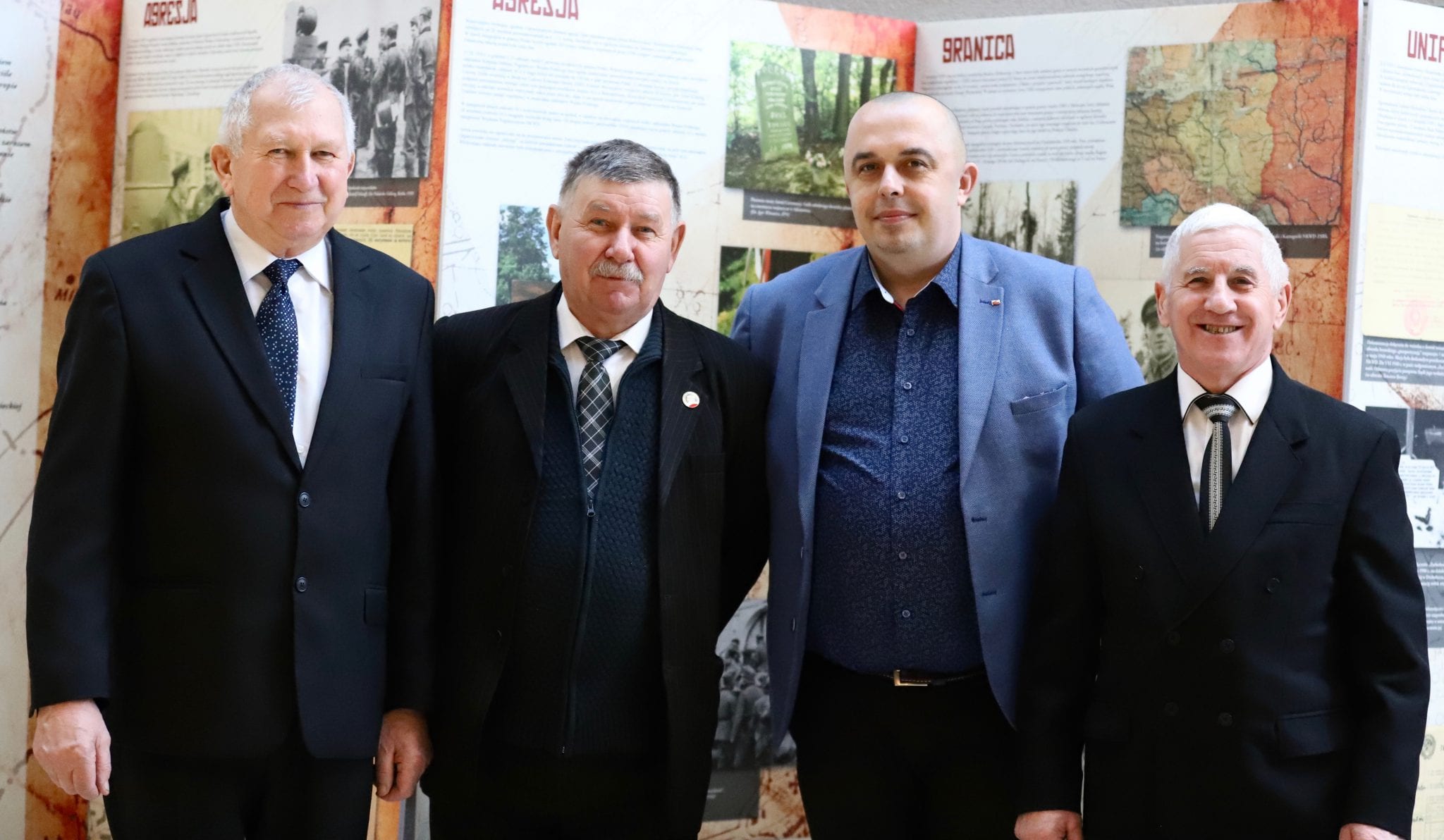
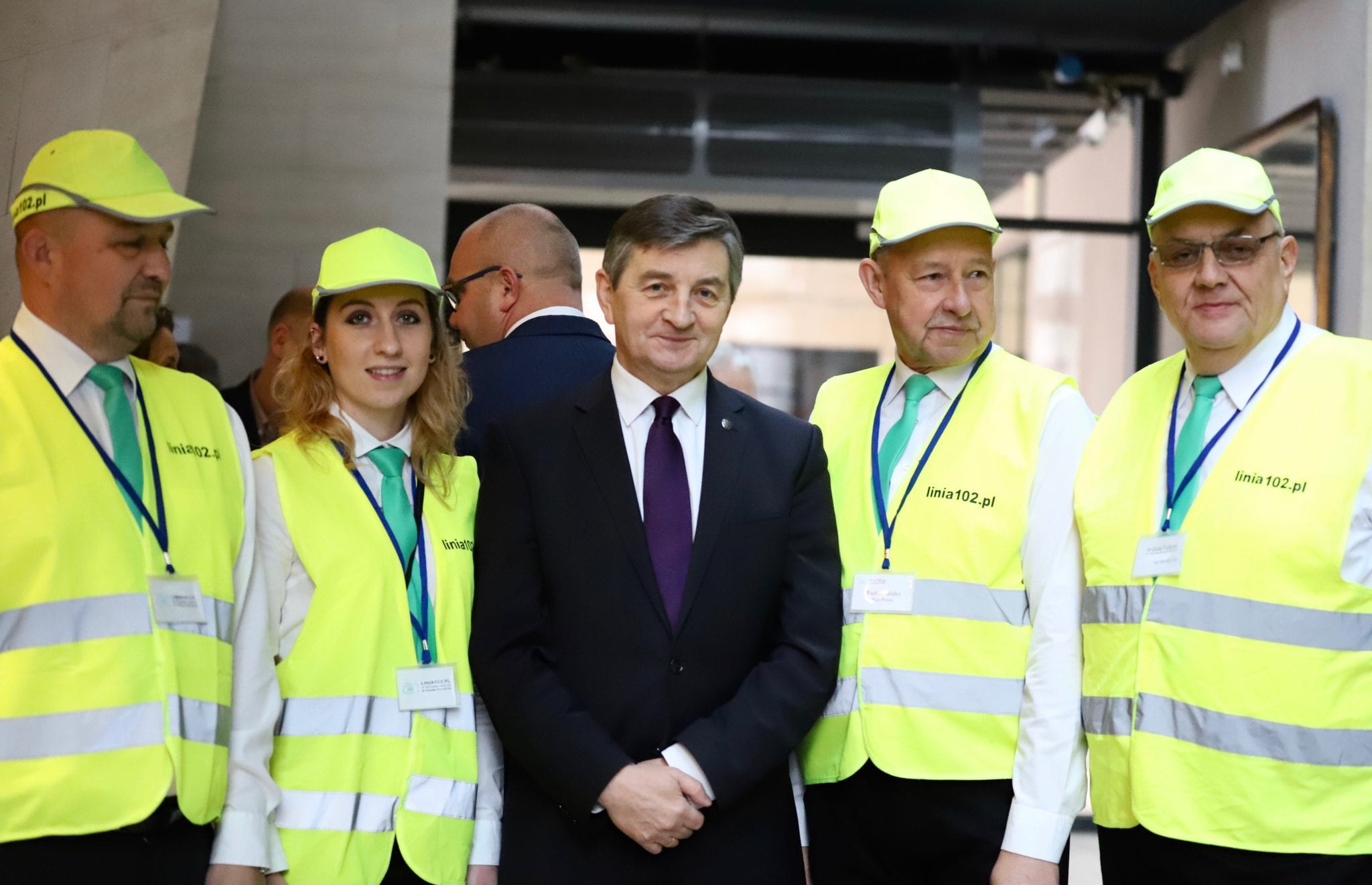 With Line 102
With Line 102 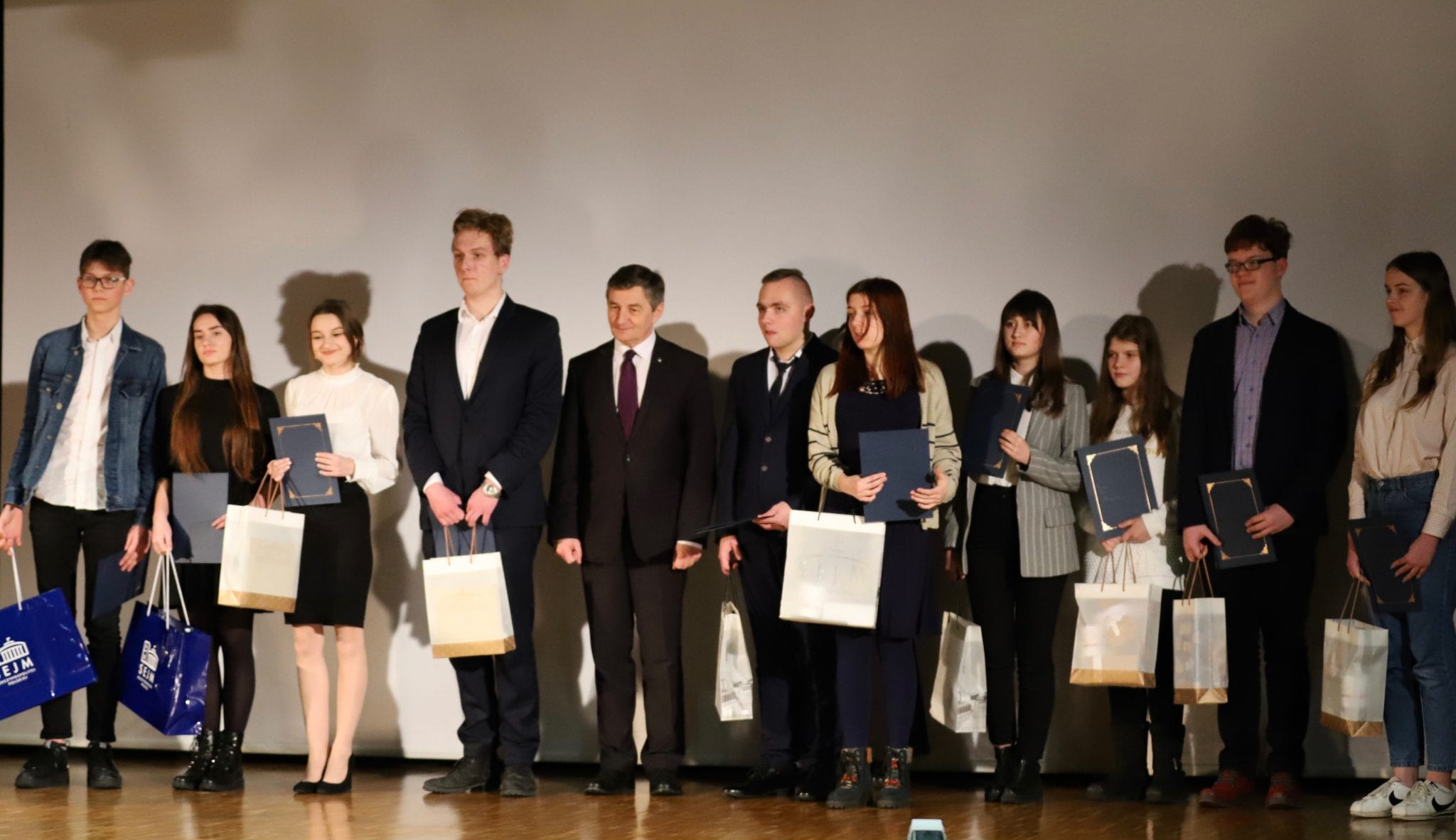 The Speaker of the Sejm presented awards to the winners of the international competition "1918 - a new order in Central and Eastern Europe".
The Speaker of the Sejm presented awards to the winners of the international competition "1918 - a new order in Central and Eastern Europe".


